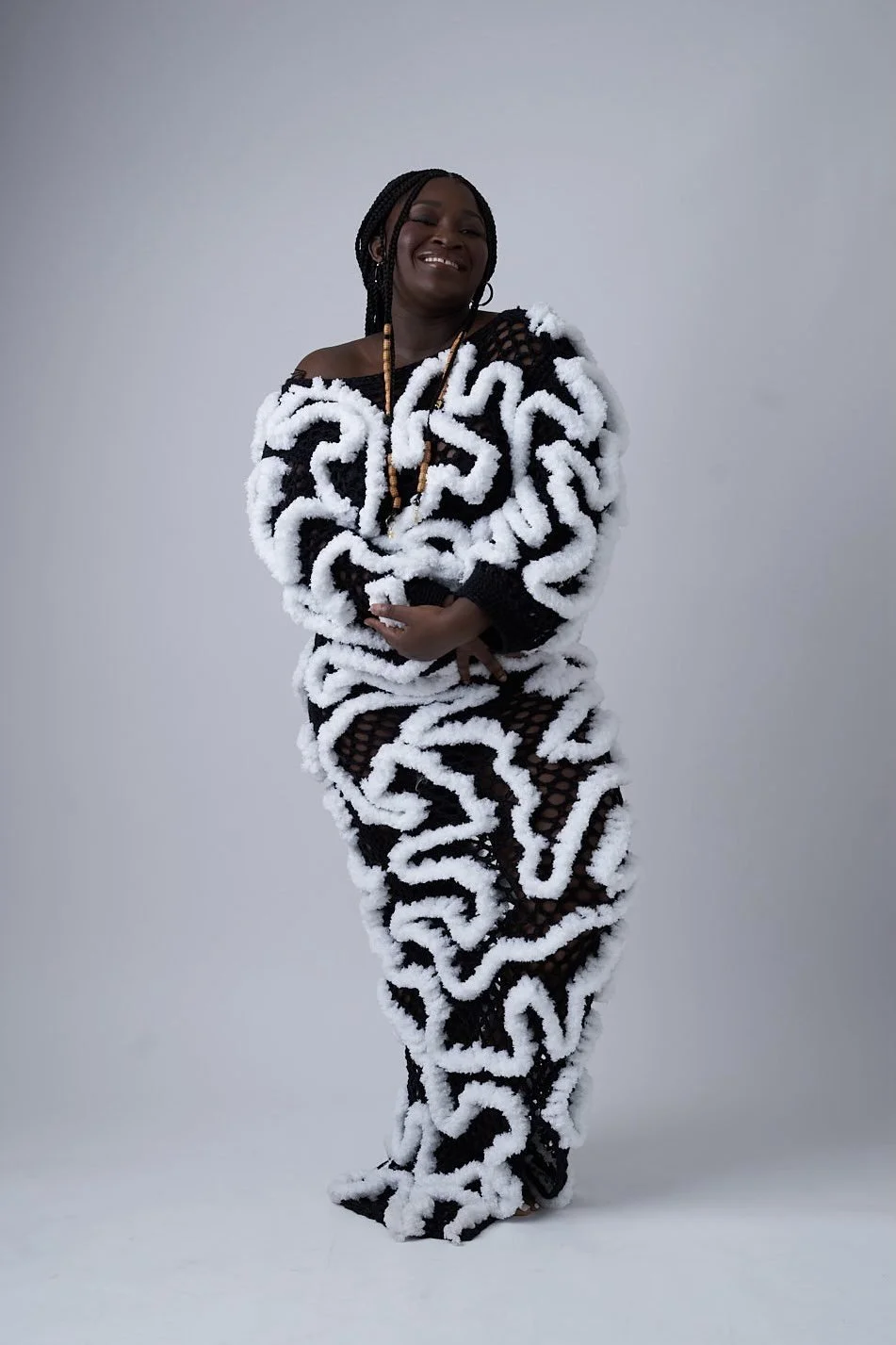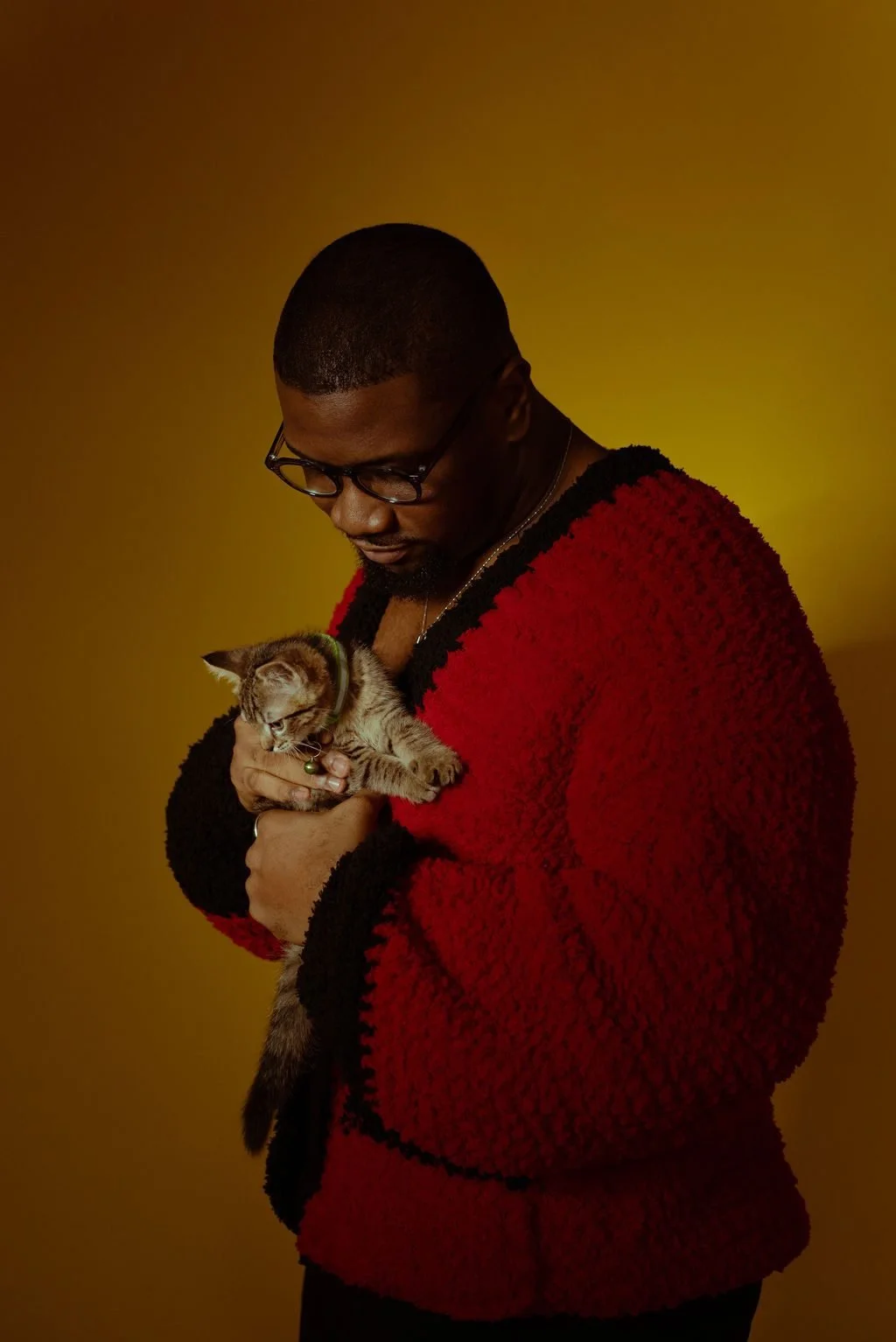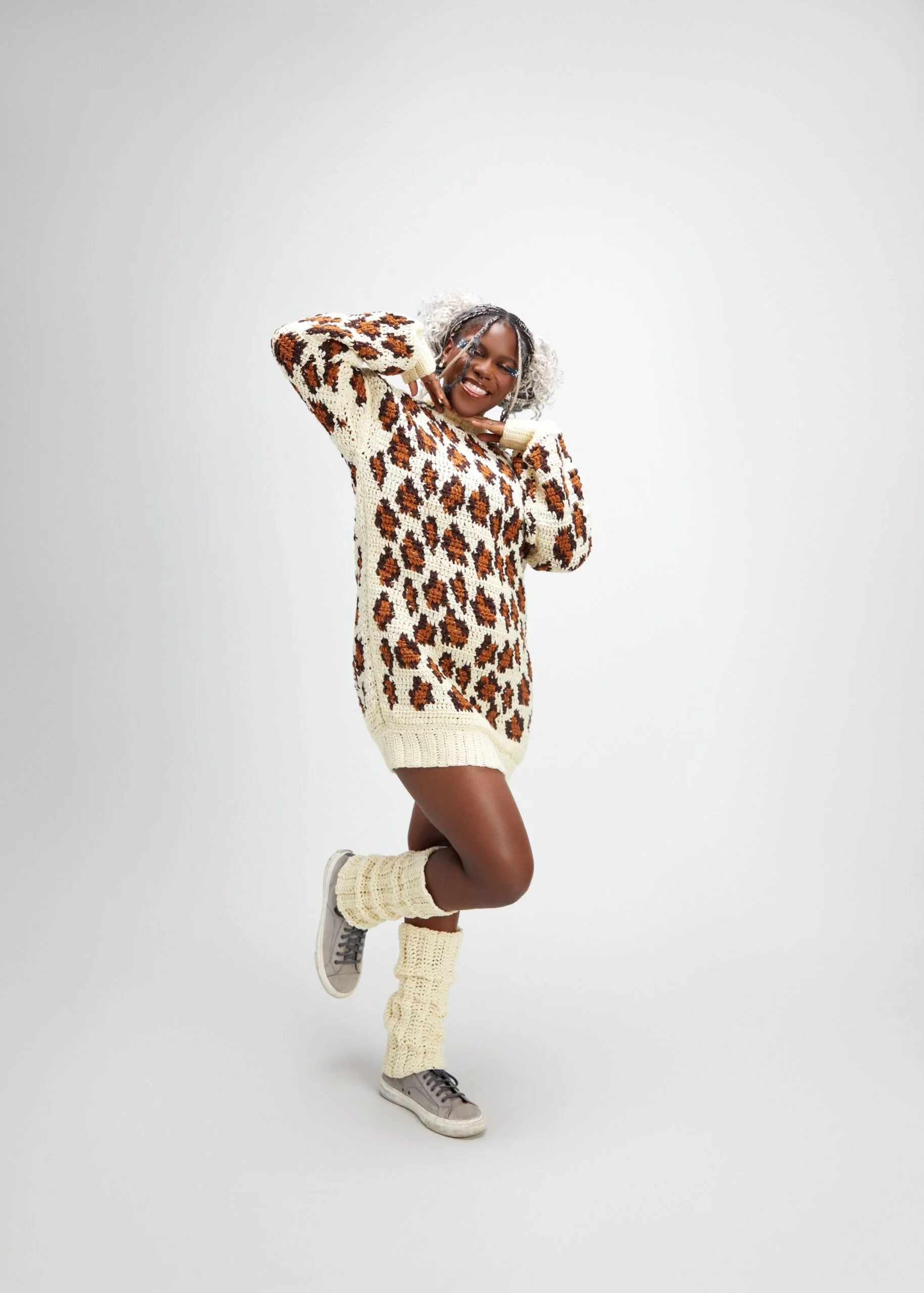Fashion Beyond Textiles in Nigeria: Ore Akinde
It takes pure talent to turn a hobby into a thriving international business. Turning a hobby like crocheting into a money-making business is no small feat, because before now, crocheting was seen as a lowly skill.
It was also a skill that many young girls had growing up. I tried my hand at it myself when I was still a teenager. However, some people mastered the art and have now sold over a thousand pieces; one of those people is Ore Akinde.
How She Started
Ore Akinde began crocheting as a child. To her, it was simply a hobby she enjoyed and didn’t think to monetize until later in her life. Interestingly enough, Ore is not the only one in her family to possess this skill; her mom and sister also crochet.
This is probably why she told Piggyvest that she never actually learnt the skill; she’d always had it. She says that she, her mum, and her sister used to make blankets, and she (Ore) would make them for other people.
When Ore went to the University of Ibadan, she didn’t intend to crochet while studying; however, after transferring to the University of Nsukka, Nigeria, she began at the end of her first year. She had just gotten out of a breakup and decided to focus on her business.
She started by taking money from her weekly allowance to buy yarn, then she did a photoshoot, all at just 17 years old! About a year later, she did a fashion show, and soon everyone knew her as the crochet babe, and well, here we are today.
Her Philosophy
In an interview with OkayAfrica, Ore shares that one of the reasons she turned crocheting into a business was the exclusivity. When she first started crocheting as a business, it wasn’t as popular as it is now. This gave her the freedom to be as creative as she wanted.
Ore understands that fashion is subjective, so not everyone is going to be interested in or like crochet pieces. She says to OkayAfrica, “My target customer is the modern, conscious person who appreciates handmade, unique pieces. This person values quality, sustainability, and individuality. They want that blend of comfort, style, and ethical fashion.”
She believes that crochet has a significant role to play in the fashion industry, specifically in slow fashion, and I couldn’t agree more. In a world plagued by the consequences of fast fashion, which include overconsumption, exploitation, and severe pollution, it is refreshing to see parts of the fashion industry that do not contribute to an ever-aggravating problem.
Ore believes that crocheting contributes to a more sustainable fashion ecosystem because it is all about handmade production and eco-friendly materials, which help cut down waste.
Her Growth and Journey
Ore Akinde officially launched her business in 2017, and it is clear that her venture has grown significantly. Ore said she had to deal with a lot of skepticism and a lack of support from friends and family.
In 2018, Ore released her first collection. It consisted of bikinis, bralettes, and crop tops. She focused heavily on her business during the lockdown, but it suffered a slight setback when she had to return to school. However, by 2020, she had expanded her collection by including menswear, sweaters, and shirts.
When she graduated from school, Ore locked back in, and her business soared. Her business had gone beyond the shores of the River Niger. By 2023, this small local business had evolved into an international company, with over 1,500 orders, a team of employees, and a customer base spanning more than 20 countries.
In 2025, By Ore, the official name for her brand, has expanded its range to include coats, children’s wear, hoodies, and fun prints in The Girls Collection 2025. It also seems like a rug business may also be in the works.
By Ore’s The Girls Collection 2025
Akinde’s background in mass communication also played a key role in her success as a business owner, sharpening her communication with customers and equipping her with strong marketing and advertising strategies.
Ore Akinde’s journey proves that fashion in Nigeria is no longer limited to textiles or mainstream design houses. Through her passion, resilience, and commitment to sustainability, she has carved out a unique space for crochet in the Nigerian fashion industry.
More importantly, she has redefined what it means to be a creative entrepreneur in Nigeria by transforming a so-called “lowly skill” into a bold, expressive, and thriving business. With each stitch, Ore is not only building garments but also a movement that champions individuality, ethical fashion, and cultural relevance.





